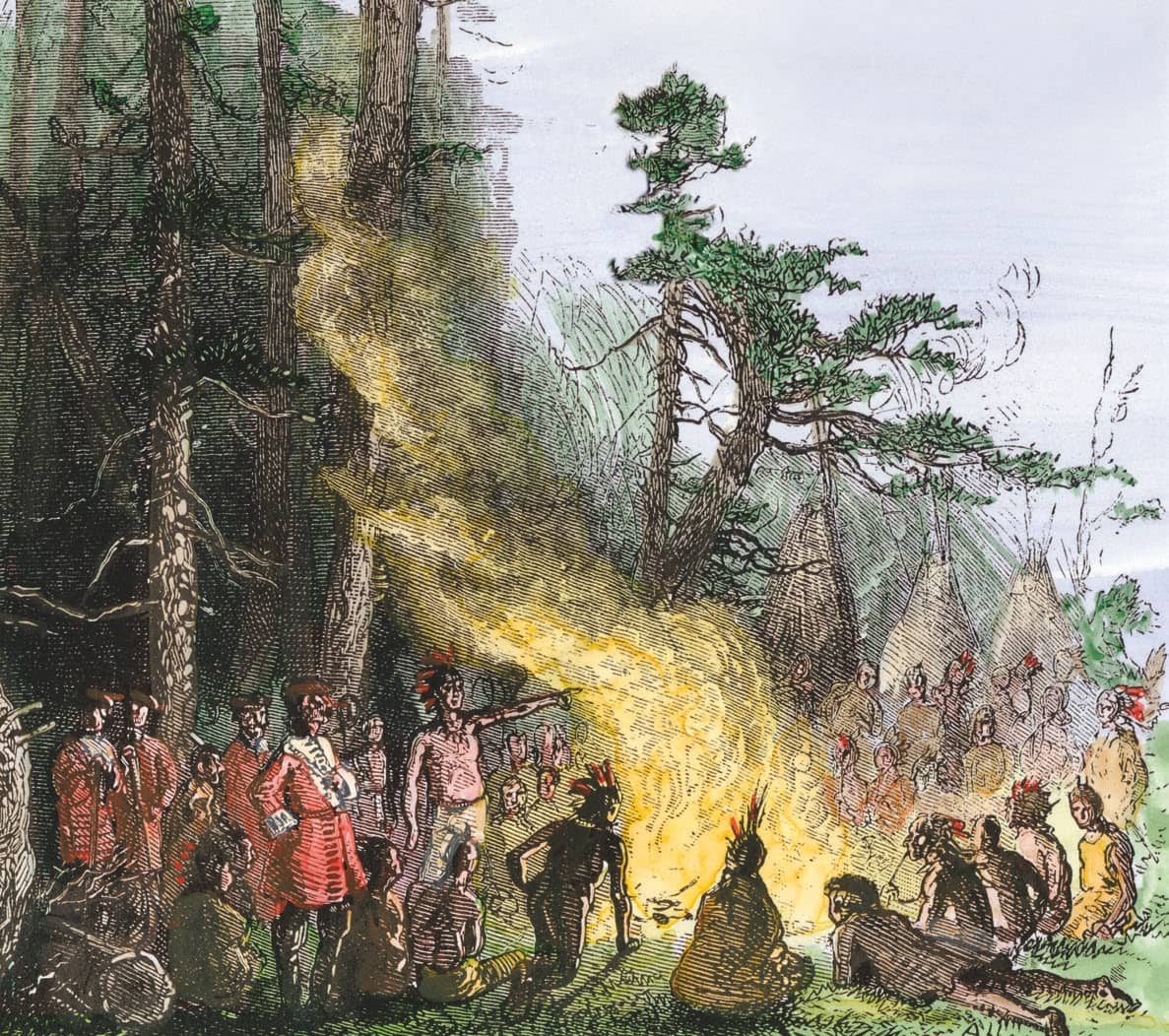
In the early 1600s, French and Dutch traders established scattered trading posts in Haudenosaunee territory. The European demand for beaver pelts led to a thriving fur trade between the Haudenosaunee and the Europeans. By the mid-1600s, the English had taken over Dutch claims. Both the French and the English expanded their settlements in North America. France built forts and outposts in New France (Canada) and explored inland along the Mississippi River. England established 13 Colonies along the Atlantic Coast. By the mid1700s, both nations were determined to extend their empires to include all of North America. Native people became caught in their global conflict.
The growing presence of Europeans changed the Native American way of life. Traders introduced things that native people had never seen before. Native Americans began to trade for European tools, weapons, clothing, and other goods. The situation increased conflict between the tribes, who competed to meet the European demand for beaver pelts. The Europeans also offered alcohol and firearms. Alcohol consumption had a negative impact on how native people lived and functioned. And as native fighters replaced their bows and arrows with European firearms, their means of warfare changed, too.
Europeans also had different ideas about land ownership. Settlers fenced in farms and claimed large areas. Native people were used to roaming freely. They lost access to their ancestral homes and hunting grounds. They eventually formed alliances with Europeans in part because Europeans promised to protect native land claims.
Bu hikaye Cobblestone American History Magazine for Kids dergisinin November/December 2019 sayısından alınmıştır.
Start your 7-day Magzter GOLD free trial to access thousands of curated premium stories, and 9,000+ magazines and newspapers.
Already a subscriber ? Giriş Yap
Bu hikaye Cobblestone American History Magazine for Kids dergisinin November/December 2019 sayısından alınmıştır.
Start your 7-day Magzter GOLD free trial to access thousands of curated premium stories, and 9,000+ magazines and newspapers.
Already a subscriber? Giriş Yap
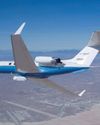
Eye in the Sky
An interview with Joe Piotrowski
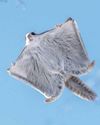
Airborne Animals
Humans have taken to the skies in balloons, gliders, and airplanes-but we're not alone among the clouds. Animals of all sorts have evolved to harness wind power.
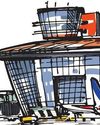
TAKING OFF
The Wright brothers expected airplanes to “take off,” but even they might be amazed at the way the airline industry has become big business. In the past, it was expensive to send something by plane.

GROWTH OF AN INDUSTRY
After their historic flight at Kitty Hawk in 1903, Wilbur and Orville Wright returned to Dayton, Ohio. They spent the next few years making adjustments and building additional versions of their powered aircraft in their bicycle shop.
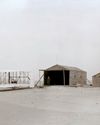
WHY KITTY HAWK?
The Wright brothers searched carefully for the best place to test their gliders and flying machines. Their main concern was for good, steady winds. But they also hoped to find a remote location to allow them to perform tests away from the public eye.
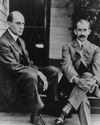
Two Brothers From Ohio
Most people do not realize that the Wright brothers—Wilbur, born in 1867, and Orville, born in 1871—performed various scientific experiments before inventing their aircraft. For as long as anyone in their hometown of Dayton, Ohio, could remember, the Wright boys had worked on mechanical projects.
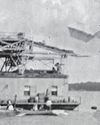
A Helping Hand
May 6, 1896. A group of people who had gathered beside the Potomac River, just south of the U.S. capital, grew quiet. Then, it erupted in cheers as a small, unmanned aircraft took to the skies and flew for more than half a mile. The flight came seven years before the Wright brothers’ first manned, powered flight. The inventor of the aircraft was Dr. Samuel Pierpont Langley.
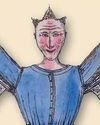
THE IDEA MEN
People dreamed of flying thousands of years before the Wright brothers found success near Kitty Hawk, North Carolina. These dreamers, such as Leonardo da Vinci, studied birds flying and imagined how humans might do the same—if only they had wings. Other men developed a more hands-on approach to the topic. Early inventors made wings of cloth, glue, and feathers and tied these creations to their arms in an attempt to imitate nature.
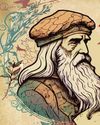
Da Vinci's 4 Designs
Have you ever wondered how a bird flies? Leonardo da Vinci (1452–1519) did. He thought that understanding how a bird flies would provide the key to human flight. So, what did da Vinci learn from birds?
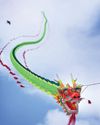
Silken Wings
Seven hundred years before the Wright brothers began experimenting with human flight, the Chinese had already mastered its secrets—with kites.